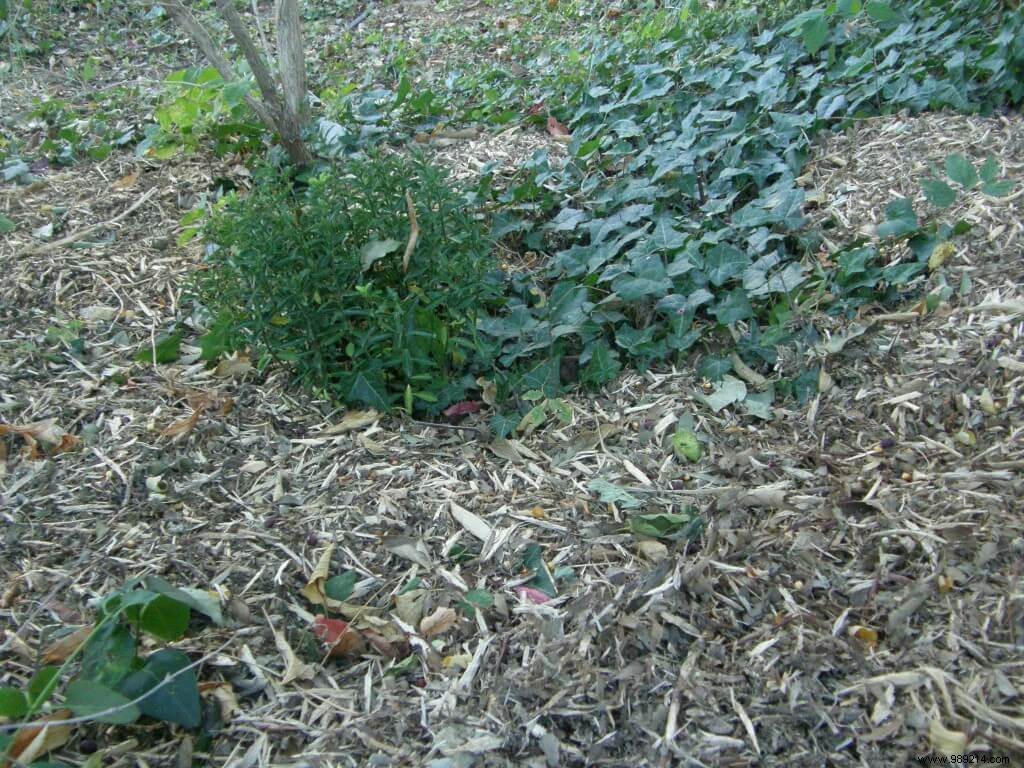10 techniques to put in place in your garden to limit chemical inputs and why not, do without! 5th component, mulching.
Soil cover has several advantages:limiting water loss from the soil, limiting the germination of weed seeds (known as weeds), a protective cover for the inhabitants of the soil and its surface, a supply of organic matter when the mulch is vegetable. It should be noted that covered soil is less susceptible to erosion and compaction.
Mulching the soil protects and nourishes it
Mulching the soil prevents violent rain from compacting it and water flowing over the surface of the soil, causing mineral and organic elements from its surface.
Erosion by water but also by wind impoverishes the soil in nutritive matter.
Protection by mulching is also valid for the inhabitants of the soil. Many soil-dwelling insects, adults and larvae, live hidden. There is an extraordinary fauna under a mulch, non-existent if the ground is bare.
The straw on the ground deprives the seeds of light and they struggle to germinate. This facilitates the work of the gardener by limiting the arrival of weeds multiplying by seed. Plants with perennial roots manage to penetrate this protective layer.
The mulch acts as an insulating blanket. It protects from the cold but also from the heat during periods of summer sunshine. This has a direct relationship with watering management (point 4)
1. the plant adapted to its environment
2. Biodiversity
3. soil fertility
4. Irrigation management
5. mulching
6. Managing invasive plants
7. the right gestures at the right times
8. The right tool, adapted, maintained
9. Companion plants
10. Crop rotation:2 years of vacation!
Conclusion
